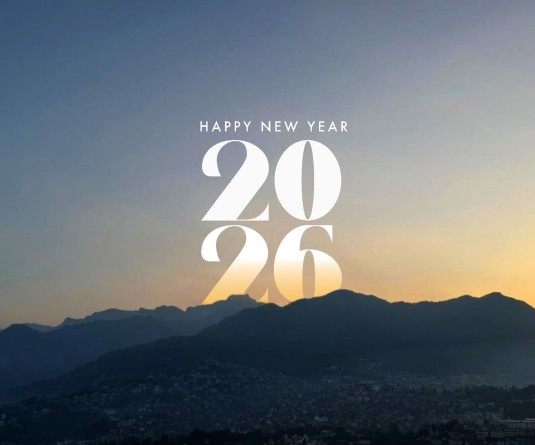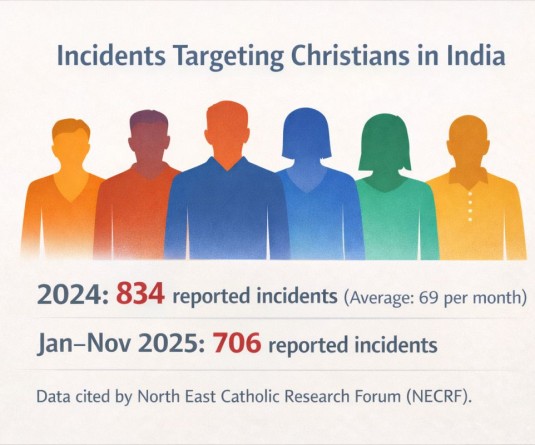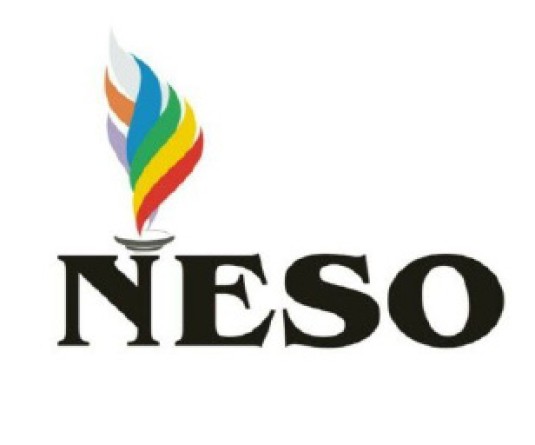Natural Nagas launched a cleanup campaign at Longphijü, a historically significant natural site in Wokha district.
.jpg)
Wokha, June 6 (MExN): On World Environment Day, the Natural Nagas launched a cleanup campaign at Longphijü, a historically significant natural site in Wokha district now facing severe neglect and pollution. Located just 15 minutes walk from Zutanphen (Lothatsu Prayer Center), Longphijü—whose name derives from the words “long” (stone), “phi” (plate), and “jü” (water).
Today, the area is marred by plastic waste, discarded clothing, and environmental decay, threatening its aquatic ecosystem, human health and natural aesthetics, stated a press release received here.
Natural Nagas Team surveyed the 800-foot-long, 87-foot-wide stream where water flows 8.4 feet deep over smooth stone beds and documented severe environmental hazards, including blocked water channels and clear signs of ecological distress. The team emphasised that due to lack of proper waste management and sewage treatment facilities, untreated waste water and solid wastes from various drains across the town, including those near Tsumang Lake eventually flows into Longphijü, converges at Tchuben, and then drains into the Doyang River, putting Wokha’s larger water systems at risk of contamination.
Natural Nagas Team issued an urgent appeal to the Local Administration and Wokha District Authority to acknowledge Longphijü’s ecological and economic value as a potential ecotourism destination, stressing the need for immediate rehabilitation through sustainable infrastructure and systematic environmental monitoring. The team urged State Departments to implement localized plastic waste management solutions, including proper disposal units, awareness campaigns, and eco-club activities in schools and colleges.
Additionally, they called upon town councils and sanitation bodies to ensure regular waste collection, establish segregation protocols, and strictly monitor illegal dumping practices. Finally, the appeal pressed lawmakers and policymakers to frame and implement district-specific environmental policies that empower communities, penalize violations, and promote alternatives to single-use plastics.
To safeguard Longphijü, authorities should designate it as a Protected Nature Zone to prevent dumping and enable ecological recovery. Establishing community-managed eco guards or green volunteers to monitor and clean the area regularly. Install educational signboards and bins for plastic segregation and disposal at entry points and common gathering spots and promote ecotourism and nature-based education activities like bird watching, nature walks, photography and storytelling.






